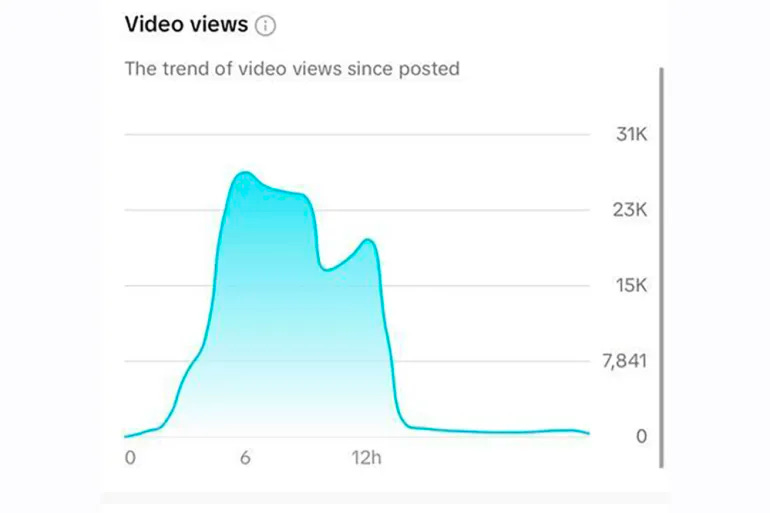Dear Esteemed Colleagues and Friends,
The conflict between Israel and Hamas has been plastered across social media and world news platforms. However, few stories from Palestinians caught between the crossfire of Israel and Hamas have found their way to the public’s For You Pages. Much like the war in Ukraine and the feminist movement in Iran, access to information about a conflict becomes the most valuable asset towards international aid and intervention. Social media played a pivotal role in covering these conflicts and garnering attention before major news channels broke their story. TikTok and Instagram allowed direct communication from people experiencing the conflict to the world. Unlike a news agency where an editor’s choice in words deliberately decides the optics and attention of a news story, big tech’s algorithms decide what stories get the public’s attention. Shadow-banning, mistranslating, and banning accounts are a few ways that social media platforms passively and actively censor the information that is circulated on their sites.
Yours Truly,
Mad Black Scientist
Experiment 11:
Observation:
Less than ten days ago, Meta mistranslated ‘Palestinian’ as ‘Terrorist’ on multiple Palestinian accounts1. This brings to mind Meta’s involvement in the events of May of 2021. During an attack on Al-Aqsa mosque, Palestinian journalists and citizens saw a drop in engagement on their posts about the conflict and restrictions on their Instagram and Whatsapp accounts. During that time the hashtag #AlAqsa was placed on a block list, effectively banning discussion of the violence occurring at the mosque on Meta’s platforms. This prompted an external audit on Meta’s practices, which concluded:
“Meta’s actions in May 2021 appear to have an adverse human rights impact on the rights of Palestinian users to freedom of expression, freedom of assembly, political participation, and non-discrimination, and therefore on the ability of Palestinians to share information and insight about their experiences as they occurred.” - Human Rights Due Diligence of Meta’s Impacts in Israel and Palestine in May 2021 (BSR September 2022)
Meta’s response did not respond to BSR’s finding that “Arabic-content had greater over-enforcement on a per-user basis”2 which contributed to the reduced search-ability and content visibility of Palestinian and Arabic speaking users. One major finding of the audit was that Meta’s AI classifiers for Palestinian Arabic were simply inaccurate, and reproduced its own errors3. In response to this finding, Meta marked one recommendation from BSR to improve their Arabic AI content classifier by creating a Palestinian dialect specific Arabic classifier as ‘possibly feasible’4.
It is of note that the company just announced they they will sink more than 1 Billion into AI research to produce a search engine similar to the popular ChatGPT. However, they have been aware that their AI language infrastructure fails Palestinian users for the past two years and have not announced any steps to improve it. It is no surprise that just two years later Palestinian and Arabic speaking users are experiencing the same symptoms of a broken social media system that suppresses their voices during times of conflict and puts little effort into improving it.
Question:
How can a big tech company like Meta make their platform more equitable to all users?
Hypothesis:
Instead of investing billions in buzzy new tech products, invest first in solving the known issues that impact human rights across the globe.
Experiment:
Meta has come under fire recently for systematically restricting the visibility and search-ability of content that supports Palestinians. In response to this Meta published an apology saying that there was a bug that affected all users equally, but that it was resolved. Meta also published an apology for adding the word terrorist to Palestinian accounts. They said there was a problem that, “briefly caused inappropriate Arabic translation”5.
Regardless of these apologies, the issue remains that content supporting Palestinians during the war between Hamas and Israel is not being treated equitably on the site. If you would like to test this for yourself make a post using any of the below hashtags or keywords on a Meta site:
#Palestine, #FreePalestine, #IStandWithPalestine
Then track your engagement over a 24-hour time period and compare it to previous posts. Like many other users you may find that your engagement numbers look starkly different than expected. One Belgian filmmaker, Thomas Maddens, saw his post peak and starkly drop in reach, compared to previous posts that garnered millions of views:
Belgian filmmaker Thomas Maddens noticed a decrease in engagement with his TikTok video on Palestine
Tricking the algorithm can be foolishly easy. Instead of spelling out the above hashtags or keywords in a post, you can write them in a way that a computer cannot catch. Many users on tiktok use this method, as well as using code names that way the video interpreters cannot decode the keyword. Some examples generated with an online tool are below:
Gaza → ğaza
Palestine → P@lest!ne
These simple swaps subvert the ability for AI language interpreters to screen for the keywords they want to block. While this method is easy for english users, it does not help Arabic users who are the main victims of shadow banning.
Conclusion:
Many companies can fall into the habit of issuing apologies as a bandaid fix, and once the situation blows over they escape the responsibility of creating any major change. However, the perception that many users around the world have that “Meta appears to be another powerful entity repressing their voice that they are helpless to change,”6 will never go away unless there is a real investment in change and transparency.
References:
Human Rights Due Diligence of Meta’s Impacts in Israel and Palestine in May 2021 (BSR September 2022)
Ibid.
Ibid.
An Independent Due Diligence Exercise into Meta’s Human Rights Impact in Israel and Palestine During the May 2021 Escalation (Miranda Sissons, 2022)
Are social media giants censoring pro-Palestine voices amid Israel’s war? (Priyanka Shankar, Pranav Dixit and Usaid Siddiqui, 2023)
Human Rights Due Diligence of Meta’s Impacts in Israel and Palestine in May 2021 (BSR September 2022)

